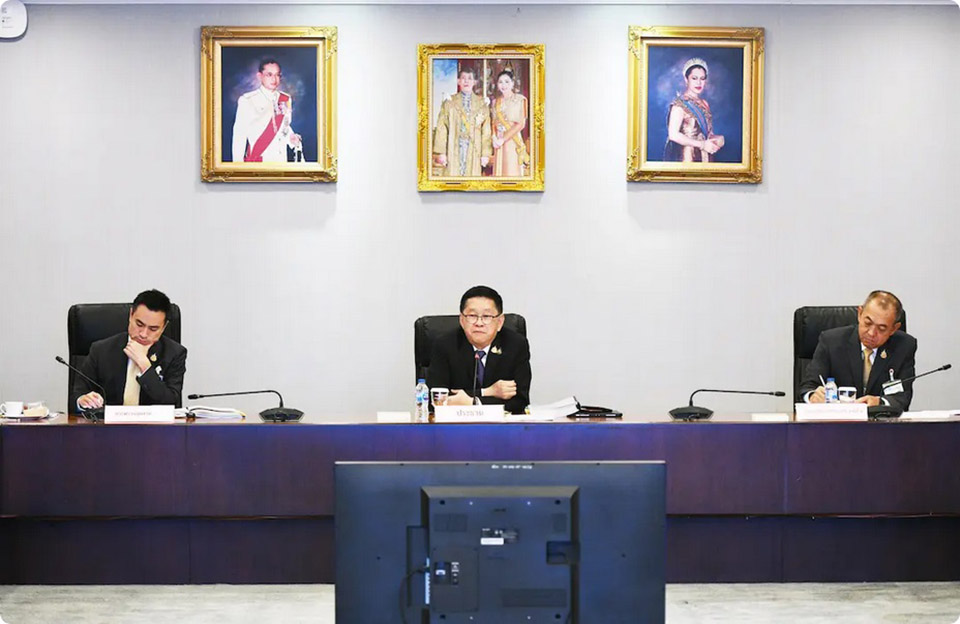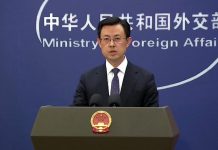
BANGKOK, Thailand – The second meeting of the National Environment Board for 2024 centered on the government’s commitment to addressing climate change and its impact on natural disasters such as floods, storms, and landslides.
The meeting also discussed preparations for the upcoming PM 2.5 dust season, with an emphasis on implementing concrete measures to protect public health and enforcing laws against illegal hazardous waste disposal.
Prasert Chanthararuangthong, Deputy Prime Minister and Minister of Digital Economy and Society, chaired the session, highlighting the urgent need to address global climate change and calling for stricter law enforcement to tackle environmental challenges.
Several key initiatives were approved, including a funding agreement under the Thai-German Cooperation on Energy, Mobility, and Climate project, which provides a 234 million baht grant to help businesses reduce greenhouse gas emissions.
The board also endorsed the development of a low-carbon community prototype project, aimed at promoting local-level engagement to reduce greenhouse gas emissions. In response to a cadmium leak earlier in 2024, new regulations were introduced to oversee industrial facilities handling hazardous waste, with stricter safety measures in place. Additionally, strategies for managing forest fires, haze, and dust pollution for 2025 were approved, including the establishment of regional fire and haze prevention centers.
The meeting also approved environmental impact assessments for five major projects, including an electric grid system supporting hydropower projects in Laos, the Mae Skuen Reservoir project, the second elevated expressway, cement mining projects, and the expansion of Highway 118. These projects aim to improve energy security and reduce traffic congestion in key provinces. (NNT)








